The 20 best books of the year, from Claire Keegan to Jonathan Coe
Our chief book critic Martin Chilton picks his best 2022 reads, from clever essay collections and memoirs to captivating, prize-winning novels

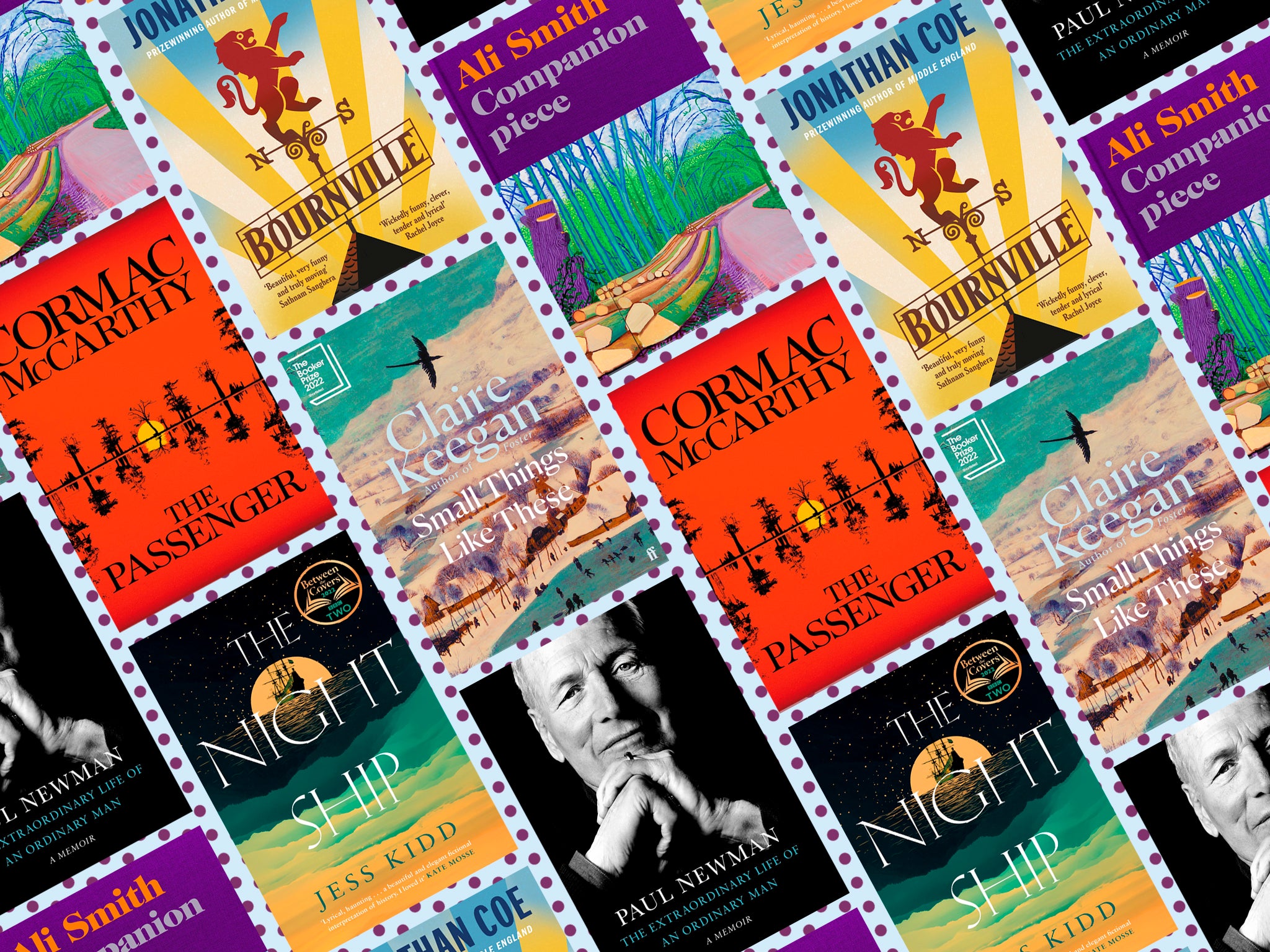
In another year of financial fiascos and political pantomimes, it was certainly a balm to read the journals of decent human beings trying to do their best. This trait was evident in excellent autobiographies from Malorie Blackman and Dave Grohl, as well as Alan Rickman’s posthumously published diaries. The memoirs that make my list, however, are those of Paul Newman and Terry Pratchett.
It has been a good year for insightful books about working in the health and care service, and Anna Kent’s Frontline Midwife and Pope Lonergan’s I’ll Die After Bingo are suggested reads in this genre. Although overall it was not a golden year for novels, several big hitters weighed in with impressive works about the state of the world, including Ian McEwan, Ali Smith, Monica Ali and Jonathan Coe. I would also highly recommend Percival Everett’s The Trees, Jennifer Egan’s The Candy House and Audrey Magee’s The Colony as impressive fiction from the past year, even though this trio narrowly fell short of the final 20, below.
20. Not Far from Brideshead: Oxford Between the Wars by Daisy Dunn (Weidenfeld & Nicolson)
The prodigious research that went into Daisy Dunn’s Not Far from Brideshead: Oxford Between the Wars is obvious in the detailed, elegantly told story of a city in transition after the horrors of the First World War. Dunn, a leading female historian, focuses on the world of classical scholarship and offers a vivid portrait of a place of privilege and pranks. The sexism of a pre-MeToo era is clear, as well, in this perceptive study.
19. Bibliomaniac: An Obsessive’s Tour of the Bookshops of Britain by Robin Ince (Atlantic Books)
Sometimes books serve to remind you of the thrill of reading itself. What Writers Read: 35 Writers on Their Favourite Book, edited by Pandora Sykes (Bloomsbury), will propel you on a journey of discovery with some elegantly written suggestions from leading authors. However, if seeking out books in independent stores is part of your book lover’s fun, then comedian Robin Ince’s charming Bibliomaniac: An Obsessive’s Tour of the Bookshops of Britain is a wonderfully eccentric and wry account of a whirlwind tour of more than 100 stores. Ince’s love of books is infectious.
18. The Love Songs of W.E.B. Du Bois by Honorée Fanonne Jeffers (4th Estate).
Honorée Fanonne Jeffers set out to write a sweeping epic about “southern Afro-Indigenous women’s lives and their extraordinary place in the trajectory of American history”, and she achieves this and more in her magnificent debut novel The Love Songs of W.E.B. Du Bois. Amid all the pain, Jeffers – the author of five poetry collections – serves up plenty of humour, amid a display of a beautiful gift for language.
17. The Night Ship by Jess Kidd (Canongate)
The story of the Batavia is now recognised as one of the worst disasters in maritime history. On its maiden voyage from the Netherlands to the Dutch East Indies, it was shipwrecked off the western coast of Australia. The passengers and crew who survived drowning made it to a small, inhospitable island where mutiny and violence ensued. Kidd drew on the bare bones of this tragedy for The Night Ship, an enthralling tale of cruelty, friendship and the fates of two children, hundreds of years apart, bound together by the disaster. Kidd, a Costa Award-winning writer, packs the story with superb characters, high emotion and drama, in gripping historical fiction.
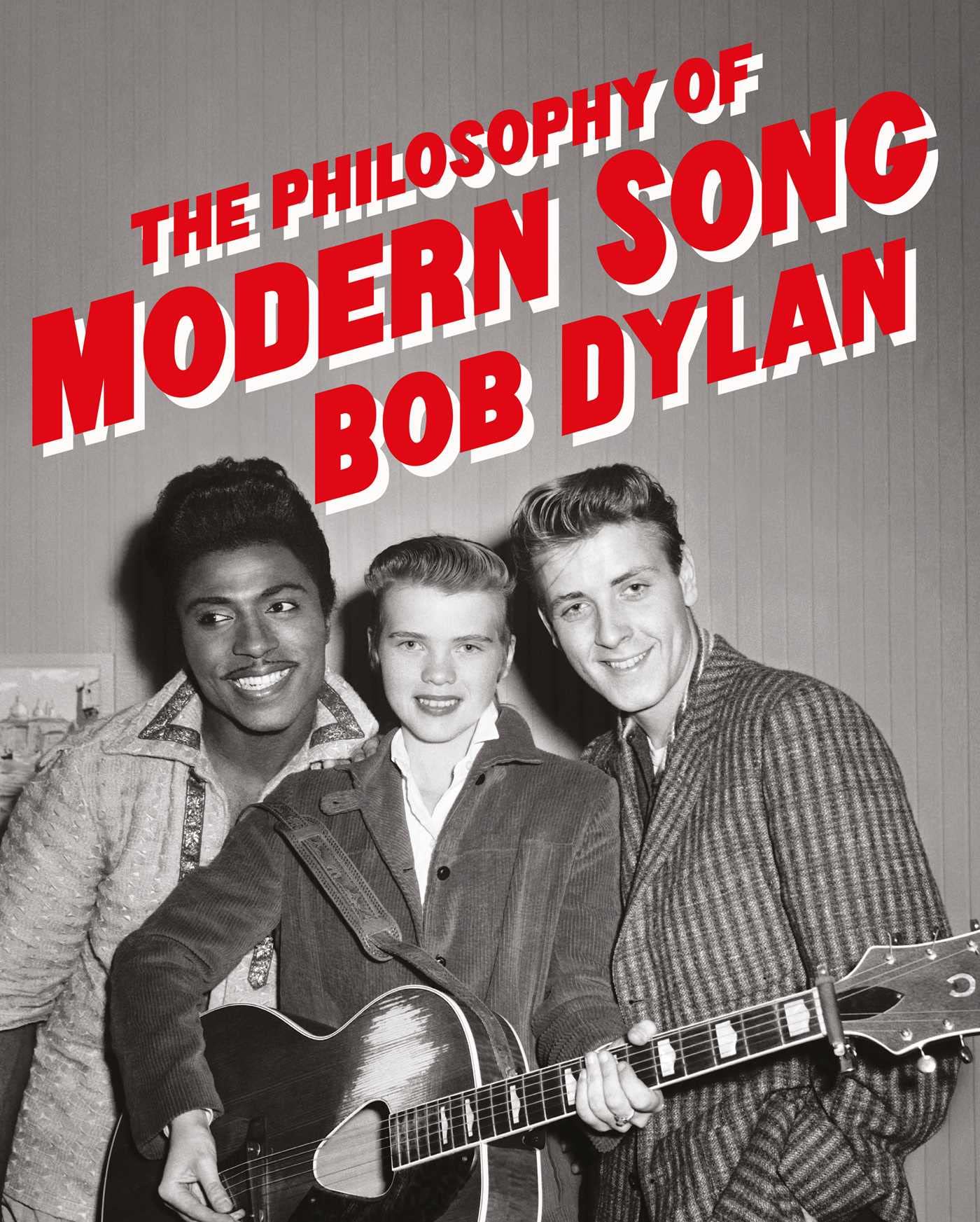
16. The Philosophy of Modern Song by Bob Dylan (Simon & Schuster)
Six years after master songwriter Bob Dylan claimed the Nobel Prize in Literature, he has delivered penetratingly original essays on 66 compositions, analysing melodies, phrasing, musicianship and the meaning and context of lyrics. In The Philosophy of Modern Song, the 81-year-old offers his own eccentric, stimulating guide to what makes great lyrics “so damn enticing”.
15. The Seven Moons of Maali Almeida by Shehan Karunatilaka (Sort of Books)
The metaphysical thriller The Seven Moons of Maali Almeida won Sri Lankan-born author Shehan Karunatilaka this year’s £50,000 Booker Prize. The novel, which has also been called “afterlife noir”, is richly atmospheric and full of colourful similes. The complex story of a gay war photographer who wakes up dead, in an underworld, and has “seven moons” (seven days) to discover who murdered him also has a touching tenderness amid the mayhem.
14. The Passenger/Stella Maris by Cormac McCarthy (Picador)
Sixteen years after the Pulitzer-winning The Road, 89-year-old Cormac McCarthy returned with a two-volume work comprising The Passenger, the story of a melancholy salvage diver in New Orleans called Bobby Western, and its coda Stella Maris, dealing with Western’s sister, Alicia. The novels are full of atmospheric twists, pungent, memorable lines and McCarthy’s unerring ability to describe pain.
13. Companion Piece by Ali Smith (Hamish Hamilton)
Companion Piece is both a pithy standalone novel and a coda to Ali Smith’s wonderful Seasonal Quartet. The central character is the loner Sandy, who is dealing with the trauma of having a father fighting for his life in hospital. The novel is set during the pandemic and Smith deftly portrays the malaise of a failing country that has become a “land of union-jack-the-lads”. Amid the anger and the clever wordplay, there are also paragraphs of transcendent grace and beauty.
12. After Sappho by Selby Wynn Schwartz (Galley Beggar Press)
After Sappho is a hybrid of fiction and non-fiction, told in a series of fragmentary, cascading vignettes, with hundreds of voices and interlinked stories. The characters, turn-of-the-century writers, artists and feminists, in Europe and the UK, famous and unsung, are vividly brought to life by author Selby Wynn Schwartz, who neatly skewers the ludicrous patriarchal figures of the time. The book is a gorgeous celebration of those pioneering women thinkers who rejected docility and self-abnegation in favour of finding their true selves and being more than just “little dolls who danced for the pleasure of their husbands and annihilated themselves”.
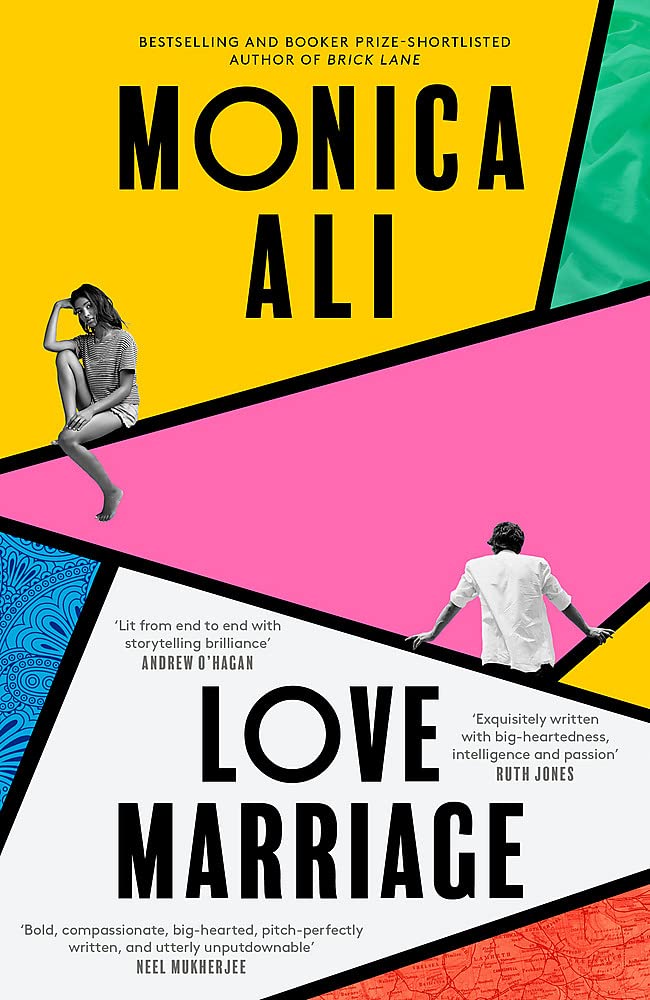
11. Love Marriage by Monica Ali (Virago)
Love Marriage, set in London in 2016/17, is about two very different families, both emotionally hobbled by long-held secrets, lies and betrayals. The Ghorami and Sangster clans become inextricably linked when Yasmin Ghorami and Joe Sangster, both young doctors, fall in love and become engaged. Both families are very different, but they are similar in their capacity for deceiving each other and deceiving themselves. Although the novel, 500 pages long and written in short, sharp chapters, deals with serious subjects, including racism, religion, Islamophobia, addiction, therapy, sex, sexual politics and social media, there is an appealing lightness of touch to Ali’s tender and compelling novel about who we are and how we love in 21st-century Britain.
10. Demon Copperhead by Barbara Kingsolver (Faber)
Barbara Kingsolver’s extraordinary reimagining of David Copperfield is set in the mountains of Southwest Virginia at the onset of the opioid epidemic. Prescription drug addiction is one of the many worrying problems of our time and Kingsolver’s rumination on it is a superb piece of storytelling and a book that helps navigate the chaos of modern America. The language is potent, the twists good and the protagonist, Demon, a young Appalachian boy scrabbling for survival from the moment he is placed in foster care, is a character who will stay in your thoughts, as he confronts addiction, love and the elusive search for happiness.
9. Bournville by Jonathan Coe (Viking)
Seven major events in UK history – including Charles and Diana’s 1981 wedding – anchor Bournville, Jonathan Coe’s novel that follows four generations of a family from the model village in Birmingham founded by the Cadbury company in the 19th century. The way Coe starkly captures the paranoia and fear of the early days of the pandemic is impressive and he has written what he calls a “faithful account” of the death of his mother during lockdown. It makes an intensely affecting finale to a fine novel.
8. The Queen of Dirt Island by Donal Ryan (Doubleday)
Donal Ryan’s The Queen of Dirt Island is the soaring tale of four generations of women in a small Irish town, in a novel bursting with humour and pathos. Saoirse is an incredibly poetic and poignant protagonist and the way Ryan shows her suffering – how the oppressive behaviour of people narrows and closes life into “a tight smallness, a knot of meanness and unfairness” – is intensely moving.
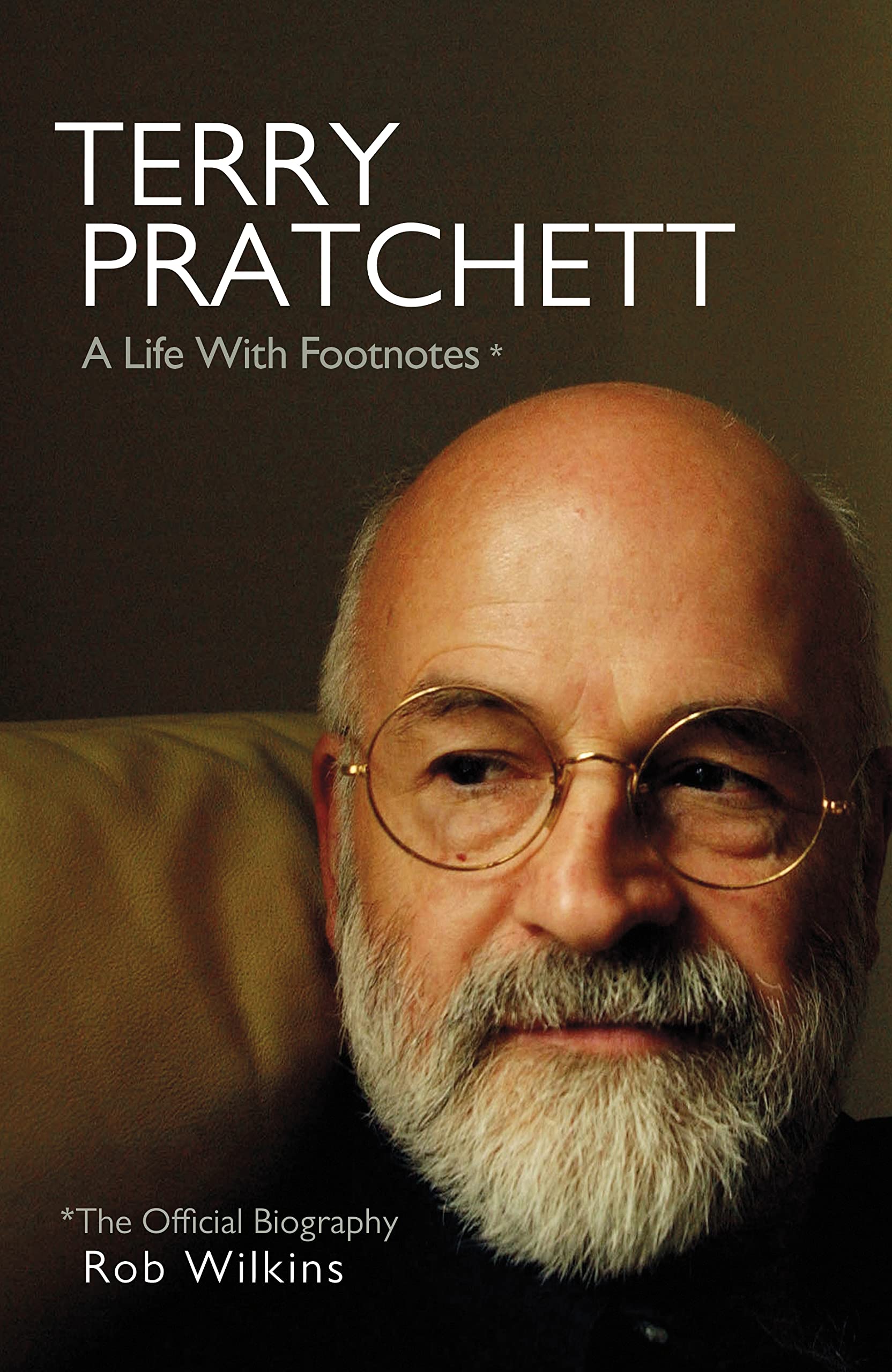
7. Terry Pratchett: A Life with Footnotes by Rob Wilkins (Doubleday)
Sometimes it is good to read a book for sheer entertainment and Terry Pratchett: A Life with Footnotes, a book labelled “*The Official Biography”, is the story of a hugely talented author who was also (mainly) a very good egg. Rob Wilkins worked with Pratchett for more than two decades and now manages his literary estate; the friendship and affection between the pair shines through every page of a thoroughly engrossing biography. Pratchett’s fiction was full of wit and wisdom – and his life story matches those qualities.
6. Small Things Like These by Claire Keegan (Faber)
Small Things Like These is short (114 pages) yet perfectly formed. Set in 1985 in a small Irish town, it centres on one ordinary man’s reaction to the Magdalene Laundries scandal. It is a quiet, undemonstrative book that is remarkably moving and Keegan, a renowned short-story writer, makes every sentence count. The novel was a deserved winner of this year’s Orwell Prize for Political Fiction.
5. England Football: The Biography 1872-2022 by Paul Hayward (Simon & Schuster)
To mark the 150th anniversary of the first international (a 0-0 draw between England and Scotland), Paul Hayward has written a compelling, brilliantly researched history of the national side. Football writing can be clunky and boorish, but at its elegant best it is capable of capturing the intricacies and intrigue of some of the strangest human drama around. Hayward’s superb England Football is a must for any true football fan.
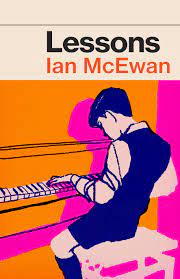
4. Lessons by Ian McEwan (Jonathan Cape)
Roland Baines, the main character in Lessons, was born in 1948, the same year as Ian McEwan. Roland’s life is altered indelibly when, as an 11-year-old at a boarding school (based on McEwan’s Woolverstone Hall), he meets piano teacher Miss Miriam Cornell, a woman who seduces him three years later. As Lessons charts Roland’s entire restless life, examining how global political events such as the fall of the Berlin Wall, the Chernobyl disaster, terrorism and Covid penetrate our private lives, the novel skilfully explores the everyman struggle to make sense of the ups and downs of existence and the baffling role that mere chance can play in anyone’s life story. Lessons is a mesmerising, memorable novel.
3. The Slowworm’s Song by Andrew Miller (Sceptre)
A 51-year-old former soldier and recovering alcoholic called Stephen Rose is the protagonist of Andrew Miller’s haunting novel The Slowworm’s Song. This is a stunning work of fiction, a beautifully written tale of conflict and family fracture. The supporting characters – Rose’s former wife Evie, Maggie and her partner Lorna, the funeral director Annie Fuller, the fellow drunks and their determined counsellors – all add something vital to the story of a complex, despairing main character. The novel walks deftly across the high wire of blame in sectarian politics, remaining a riveting human drama, even as the tragic violence unfolds. Rose is a deeply etched portrayal of what happens when life feels fragile, and what it is like for any of us to fear that we “have nothing under our feet, nothing that can be depended on”.
2. Iron Curtain: A Love Story by Vesna Goldsworthy (Chatto & Windus)
Vesna Goldsworthy, a prize-winning poet who was born in Belgrade in 1981, captures the claustrophobic, insulated world of a fictional pre-perestroika Soviet satellite state in descriptions brimming with potency. Iron Curtain: A Love Story is the story of the doomed romance between Milena Urbanska and the charismatic poet Jason Connor, and the devastating denouement. The descriptions of Milena’s homeland – where fingers and earlobes can succumb to frostbite – to the “persistent mushy chill” of a London winter all add to the atmospheric feel of a perfectly-pitched story that explores big subjects – freedom, artistic truth, family, statehood, integrity and betrayal – with a brilliantly sensitive grace.
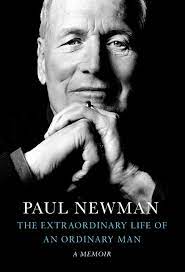
1. Paul Newman: The Extraordinary Life of an Ordinary Man (Century)
Oscar winner Paul Newman, who died in 2008 at age 83, was a mass of contradictions. His memoir, pieced together from confessional transcripts, records his reflections about his dysfunctional childhood, his complex marriages, the tragic death by overdose of his son Scott and his lifelong battle with alcoholism. The pages of Paul Newman: The Extraordinary Life of an Ordinary Man reveal a lonely and confused man who loathed the celebrity circus. About a third of the book comprises of analysis from his friends and family. Newman led a fascinating life and his memoir made me ponder long and hard about human failings. You may not reach any concrete, accurate conclusions about Newman, but his captivating memoir, full of startlingly candid insights, will help you understand why the actor could so brilliantly portray self-destructive protagonists.






Join our commenting forum
Join thought-provoking conversations, follow other Independent readers and see their replies
Comments